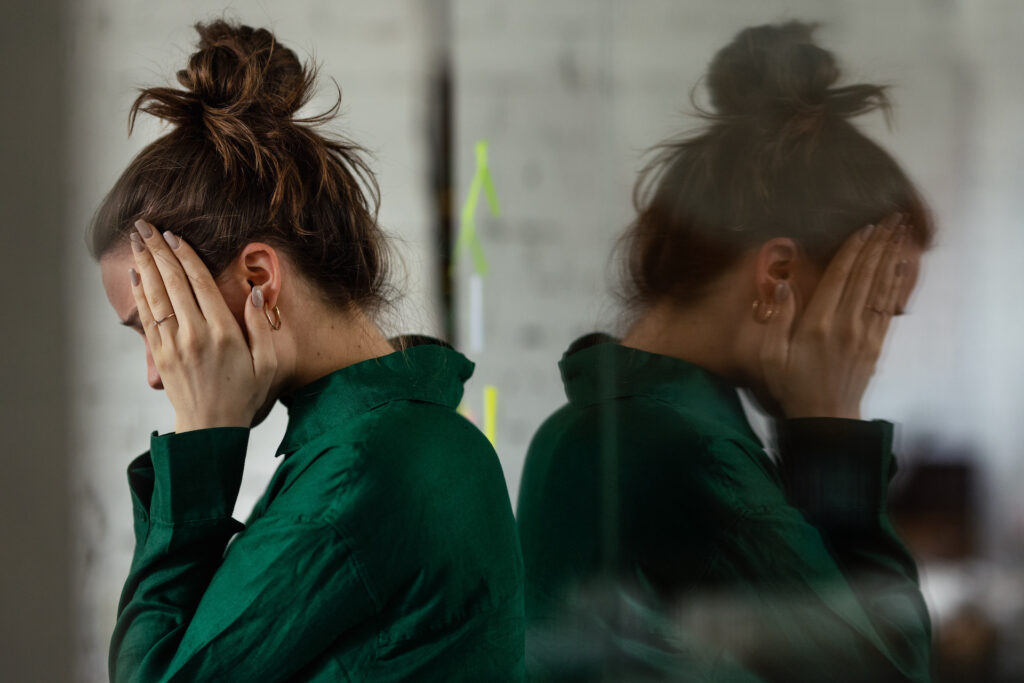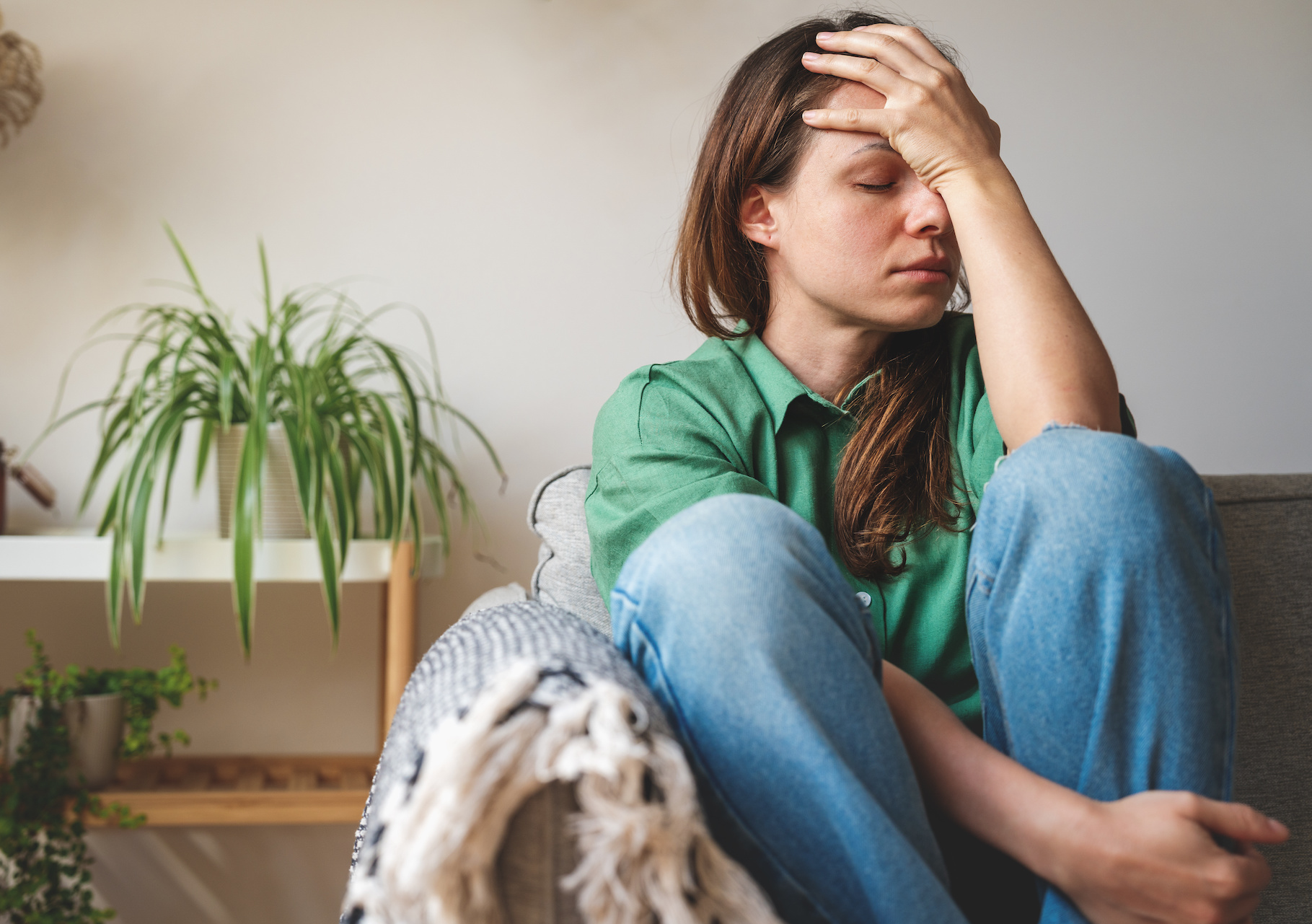Many women often carry silent burdens, trying to balance family, work, relationships, and personal goals, which can leave anyone feeling burnt out.
Additionally, women face pressure to appear strong, caring, and always in control, hiding the weight of stress, anxiety, or depression. While these struggles might not always be noticeable, they can have a profound impact on mental health.
Every year on October 10th, people around the world pause and come together to recognize World Mental Health Day. It is a reminder that caring for your mental health is just as important as caring for your physical health.
Why Women’s Mental Health Matters
Women experience mental health struggles in ways often missed or overlooked. Many studies show that women are more likely to face anxiety and depression. Hormonal changes, caregiving responsibilities, trauma, and societal expectations all play a role.
For example, mothers may struggle with postpartum depression and guilt after giving birth, but feel ashamed to speak up because they believe they should feel only joy. Women may also carry the stress of balancing work, family, and personal goals while trying to meet unrealistic societal standards. These pressures can leave women feeling overwhelmed and isolated.

Mental health care and continued research must match the unique challenges women face at every stage of life—from the teenage years to adulthood, through menopause, and beyond.
3 Ways to Address Mental Health
Begin with small steps. You can create change in your home, your community, and your workplace. Here are a few ways to help:
1. Prioritize Moments of Rest: Many women put others first and often set aside their own care. Everyone needs moments of rest and downtime to give our brains and bodies a break. Self-care is not selfish—it is necessary. If you don’t make it a priority, no one else will.
2. Nutrition: The gut-brain connection has become more widely talked about, and for good reason. Poor nutrition can exacerbate mental health symptoms. By incorporating nutritious food, you can help regulate your nervous system and signal to your body that it’s safe and okay to rest.
3. Professional Help: Therapy can provide a level of healing and guidance that loved ones, as well-intentioned as they may be, cannot offer. It’s okay to seek professional help. Whether it’s one-on-one therapy or finding a support group of people going through similar challenges, finding a space to address your feelings and thought patterns can be helpful.

Break the Silence
Stigma creates one of the greatest barriers to care. Fear of judgment can overwhelm the reality of needing help. Some fear their struggles could affect their careers, their relationships, or even their ability to parent. But silence can deepen suffering and delay healing.
However, the reality is that talking about mental health shows strength, not weakness. It opens you up to find a community of people going through similar challenges. Seeking professional support demonstrates courage and self-awareness, and sharing stories of recovery can give other women hope. The more we speak up, the more we help each other.
While it’s a sentiment often overstated, it remains true: you don’t have to face these challenges alone.
Look Ahead with Hope
World Mental Health Day reminds us that change can happen. We can build a future where women feel free to speak up, ask for help, and get the care they deserve without fear of judgment.

Awareness opens doors and creates change. Through supporting and advocating for ourselves and each other, we can create change and provide new tools for generations to come. Mental health is and will always be a priority.
Georgia Strait Women’s Clinic is an accredited facility that provides 24-hour medical care and certified professionals to help with anxiety, depression, trauma, stress, and substance use. Services range from medical withdrawal to family and aftercare support. If you or someone you know is struggling with mental health and/or addiction, get in touch with us today to discuss your options.




